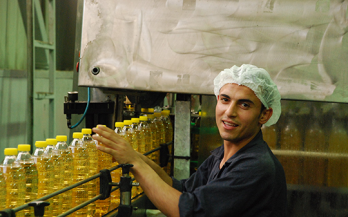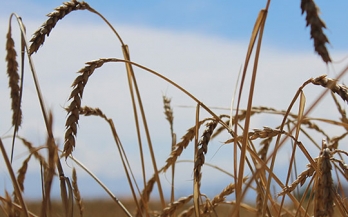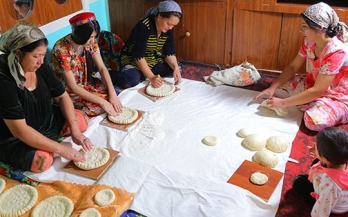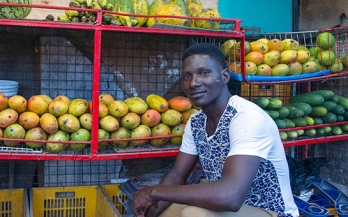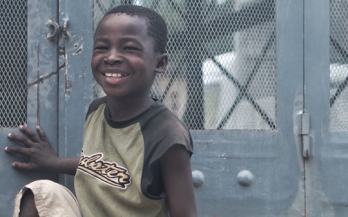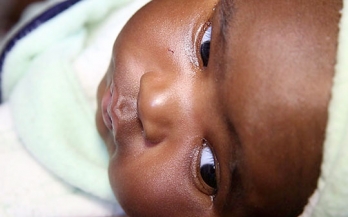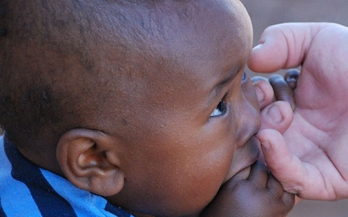- 01/05/2017
This supplement presents results from Fortification Assessment Coverage Toolkit (FACT) surveys that assessed the coverage of population-based and targeted food fortification programs across 14 countries. It then discusses the policy and program implications of the findings for the potential for impact and program improvement.
- 01/01/2016
The purpose of this study was to create a paper test card that measures a common iodizing agent, iodate, in salt. To test the analytical metrics, usability, and robustness of the paper test card when it is used in low resource settings, the South African Medical Research Council and GroundWork performed independent validation studies of the device.
- 04/09/2012
In this assessment, dietary modeling in children aged 6–60 months was undertaken, based on food consumption patterns described in the 2009 national food consumption survey, using a 24-h recall method.
- 12/09/2017
This study evaluated the effects of a multi-micronutrient fortified juice drink given in different frequencies of consumption on hemoglobin concentration of schoolchildren. This study demonstrates the importance of targeting such interventions to appropriate populations.
Two-thirds of all countries mandate food fortification to combat hidden hunger, yet many are not necessarily translating policy into improved nutrition, according to new data from the Global Fortification Data Exchange (GFDx). These countries may be missing an immense opportunity to improve the health of children and mothers, bolster communities, and boost national economies.
GAIN has been working on food fortification programs within Central Asia for a number of years. In 2013, GAIN launched the USAID-funded Afghanistan, Pakistan and Central Asia Republics Regional Fortification Initiative, which aims to build capacity for food fortification with essential vitamins and minerals in order to improve micronutrient intakes across the region.
At GAIN, over the last six months we’ve been building a new Nutritious Foods Financing programme starting in East Africa. The potential of the programme is becoming increasingly exciting as data becomes available showing the scope and viability of SMEs to deliver more nutritious foods, if appropriate private investments are unlocked.
The RANFOSE project aims to increase the availability of high-quality, fortified staple foods across the country and expand the local production and importation of fortified foods. Despite facing many challenges linked to natural disasters, poverty and political instability, the RANFOSE team remains optimistic about the potential impact of the project.
Nearly 19 million babies born globally every year – 14% – are at risk of permanent yet preventable brain damage and reduced cognitive function due to a lack of iodine in the earliest years of life, according to a new joint report by UNICEF and GAIN released today. More than 1 in 4 of these children – 4.3 million – lives in South Asia.
An international research team, led by ETH Zurich in collaboration with the Global Alliance for Improved Nutrition (GAIN), and with inputs from UNICEF, demonstrate that if most salt for human consumption is iodized, salt will provide sufficient dietary iodine to all population groups.
